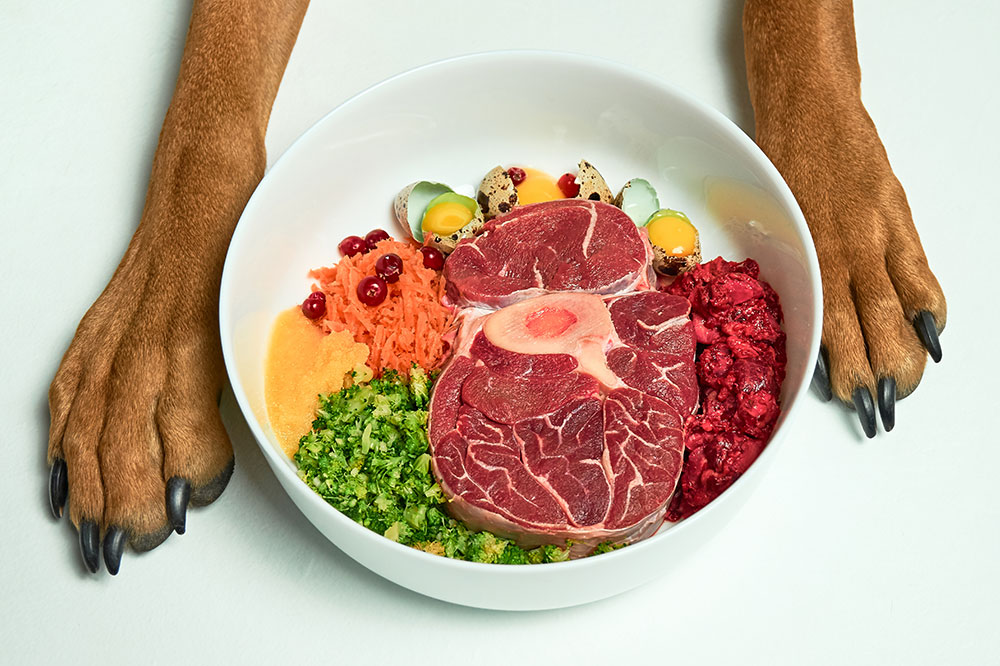
5 Ingredients That Must Not Be Given to Pets
Choosing the right food is just as important for your pet as it is for you. Having pets is like taking care of a baby that will never be a grown-up, which means having to look after them constantly. Some pet parents give home-cooked meals while others go for packaged foods, and either is fine as long as you know what ingredients are safe to consume. Let’s take a look at ingredients to avoid.
1. Soy
It seems harmless, but soy can be a complicated ingredient for your pet to digest. According to studies, vegetable or grain-based protein sources are simply not meant for pets to consume as they do not benefit them as compared to the meat protein options available. Soy can cause bloating or gas in some dogs and serves little purpose in muscle maintenance or the health of the dog. It is advised to keep this ingredient away from your pet’s diet.
2. Salt
You’re probably familiar with this being on the list of foods to never be given to your pet. While salt adds lots of flavor to our food, it dehydrates the pet. A high quantity of salt intake can lead to high blood pressure in our furry animals. It is also known to cause other complications like stomach cancer, stroke, and heart diseases. A pinch here and there is okay, but not more than that. Also, make sure the pet treats and the packaged food do not have too much salt in them.
3. Vegetable oil
Now, most non-specified vegetable oils are simply made out of corn or soybeans, which we already discussed is not the best option for your pet. Most of what these oils contain is an abundant amount of omega-6 fatty acids, which are way more than the required healthy amount. Overconsumption of this can lead to inflammation in your pet’s system and also lead to complications like hip and joint problems like arthritis.
4. Gluten
Unlike some humans who can process and digest gluten, dogs or cats can simply not digest it. You will realize and observe that your pet experiences an allergic reaction to gluten which could be in the form of itching or hot spots on their bodies. Other allergic reactions could also be smelly ears or even chronic ear infections, which seem impossible to go away. If your pet is experiencing any of these, make sure to check the ingredients in their kibble.
5. Farmed salmon
While salmon is healthy food to add to your pet’s diet, make sure it is wild-caught salmon and not the farmed kind. According to research, farmed salmon, in fact, has 10 times more of 13 fat-soluble pollutants (than wild-caught salmon) which are harmful to your pet. Studies also suggest that consumption of this kind of salmon may up the risk of cancer three times more than when choosing a wild-caught salmon.



